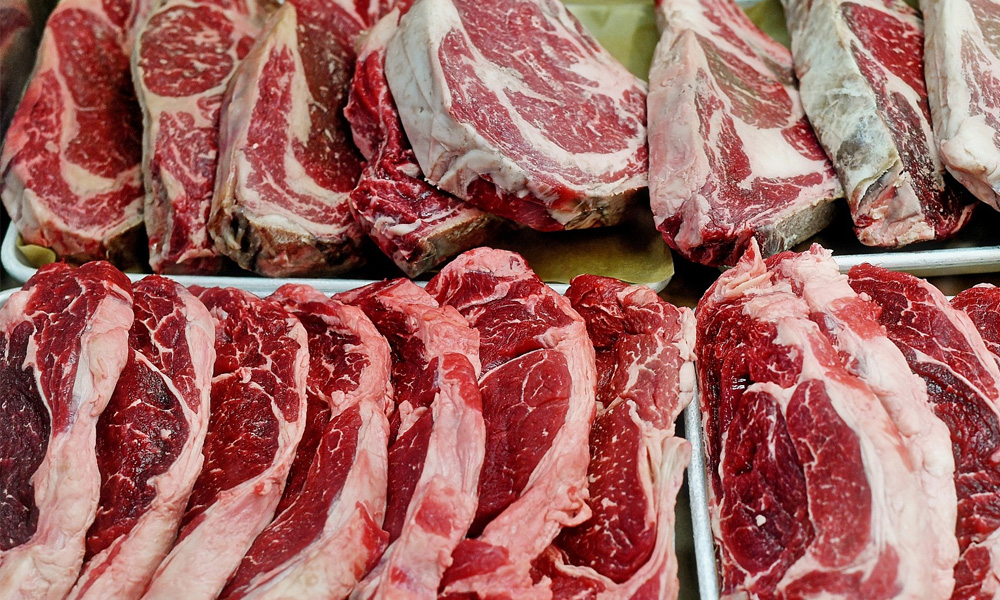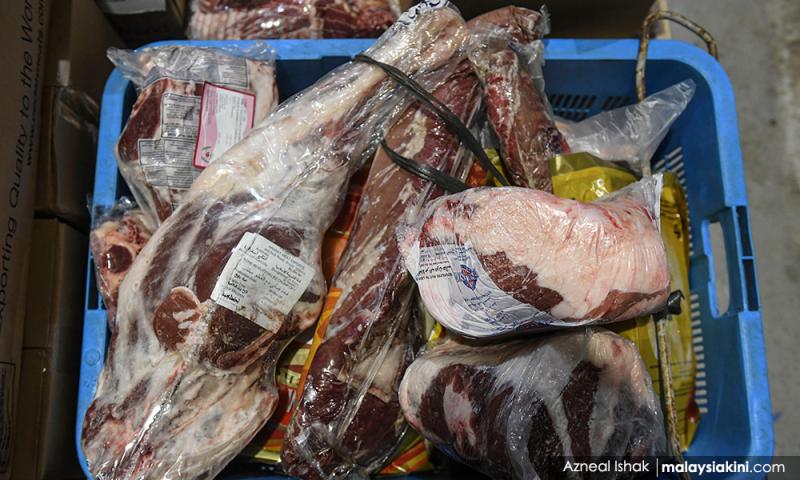LETTER | CAP: Introduce the Halal-Haram Act
LETTER | The Consumers Association of Penang (CAP) calls on the relevant authorities to introduce the Halal Haram Act. This law will help to ensure that producers act more responsibly in labelling food products as ‘halal’.
At present, the burden of proving the halal status of a product lies on the consumers.
For more than 30 years CAP has been calling for the Halal Haram Act. There were several meetings attended by CAP on the issue, but yet to date there has not been much progress. The drafting of the law and policy-making have been sidelined by the authorities for years.
Cases pertaining to the abuse of the halal logo are often reported and the worst of its kind surfaced in December 2020.
The nation was shocked when it was reported that there was a cartel that had allegedly been bribing Customs officials to import and sell meat that was not slaughtered according to Islamic customs or sourced from unapproved stakeholders.
The cartel imported frozen meat from China, Ukraine, Brazil and Argentina and then repackaged it in the southern state of Johor.
Some of the imports included kangaroo and horse meats, which were then mixed with and sold as halal beef, triggering outrage among Muslim consumers who said this was sacrilegious to their Islamic faith.
It was reported that the meat cartel has been bribing senior government officers from government agencies to bring non-certified meat into Malaysia and passing it off as halal-certified products. It was learned that the cartel imports meat from non-halal certified slaughterhouses in a number of countries and has been in operation for more than 40 years.
Cartel paid off various government officials
It was alleged that members of this cartel paid off officials of Royal Malaysian Customs, the Veterinary Services Department (DVS), the Malaysian Quarantine and Inspection Service (Maqis) and the Department of Islamic Development Malaysia (Jakim).
These reports were initially brushed aside by the minister in charge, but strong public outrage led the police to arrest two company directors of a Johor-based company.
The issue touched on two aspects, the first being the halal status and the second on corruption, which raised larger questions on national security.
Given the above situation this is the right time for the government to introduce the Halal Haram Act and at the same time amend the existing laws that touch on the halal-haram issue.
The Act will create a demand for Malaysian halal products, which is in line with the government’s policy to make Malaysia one of the largest producers of halal products in the world.
Meanwhile, the existing laws on halal and haram products should be amended so as to give a better understanding on the use of the word haram, whether in food or other products.
For example, under the Food Act, the law on food labelling needs to be amended so as to ensure that haram ingredients are mentioned on the label.

If a substance can be obtained from several sources, then the producer should be required to state from which source it was obtained. This will help Muslim consumers to avoid any food and products that contain doubtful or haram substances.
The Act will also give more bite to the authorities in implementing more stringent supervision and enforcement on the halal supply chain.
Besides the Act, CAP calls on the authorities to:
Improve on the halal certification process;
Review its food procurement procedures following the expose on the meat cartel scandal;
Review the system for all enforcement agencies and livestock development; and
Set up a Royal Commission of Inquiry (RCI) to address the meat cartel scandal. All those involved in deceiving the people, including government servants and company directors, should be prosecuted and punished severely.
MOHIDEEN ABDUL KADER is the president of the Consumers Association of Penang (CAP).
The views expressed here are those of the author/contributor and do not necessarily represent the views of Malaysiakini.
RM12.50 / month
- Unlimited access to award-winning journalism
- Comment and share your opinions on all our articles
- Gift interesting stories to your friends
- Tax deductable
